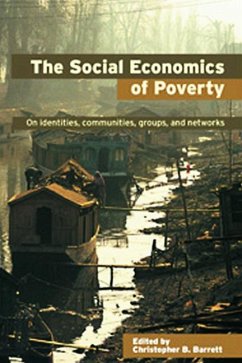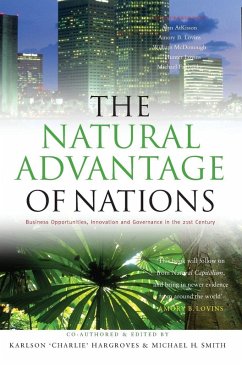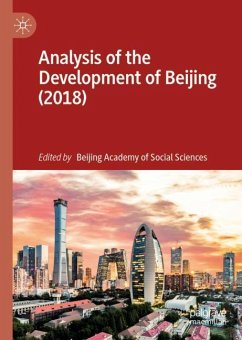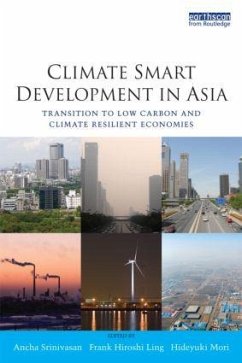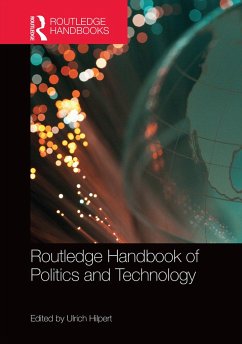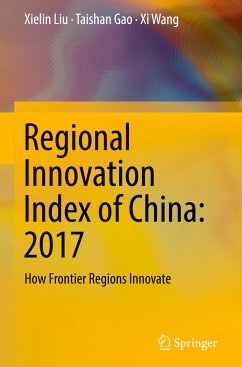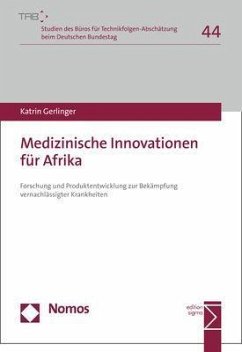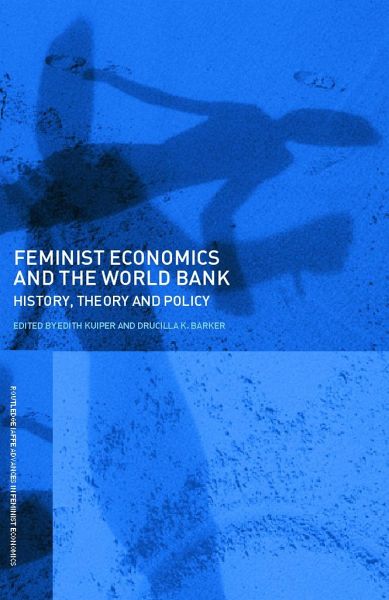
Feminist Economics and the World Bank
History, Theory and Policy
Herausgeber: Kuiper, Edith; Barker, Drucilla

PAYBACK Punkte
44 °P sammeln!
The past decade has witnessed a paradigm shift at the World Bank from a focus on structural adjustment to a focus on poverty reduction. As evidenced by the Bank's 2001 report, "Engendering Development: Through Rights, Resource and Voice, an increased attention to gender issues has been an important part of this process. The premise of the report is that economic growth and development cannot be effectively addressed when gender inequality is not taken into account, because poverty increases gender inequalities and gender inequalities hinder economic development.
This book brings together a range of responses from feminist economists and other social researchers on the issues raised in this report. With contributions from highly esteemed scholars such as Eudine Barriteau, Diane Elson, Gale Summerfield, and Zafiris Tzannatos, this anthology critically examines the relationships between gender, growth, development, and the World Bank. It develops a history of the World Bank's perspectives on gender, empirically evaluates the impacts of the Bank's policies on three different regions of the world, explores the ideological and methodological commitments of the report from a variety of feminist and interdisciplinary social science perspectives, and inquires into future directions for feminist economics research.
The book shows the importance and challenge of taking gender into account in development theory and policy. Its complex and nuanced analyses of the social relations of gender in a global context will be an important resource for policymakers, activists, and scholars.
This book brings together a range of responses from feminist economists and other social researchers on the issues raised in this report. With contributions from highly esteemed scholars such as Eudine Barriteau, Diane Elson, Gale Summerfield, and Zafiris Tzannatos, this anthology critically examines the relationships between gender, growth, development, and the World Bank. It develops a history of the World Bank's perspectives on gender, empirically evaluates the impacts of the Bank's policies on three different regions of the world, explores the ideological and methodological commitments of the report from a variety of feminist and interdisciplinary social science perspectives, and inquires into future directions for feminist economics research.
The book shows the importance and challenge of taking gender into account in development theory and policy. Its complex and nuanced analyses of the social relations of gender in a global context will be an important resource for policymakers, activists, and scholars.





